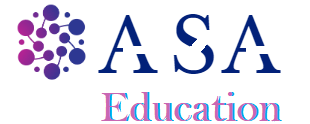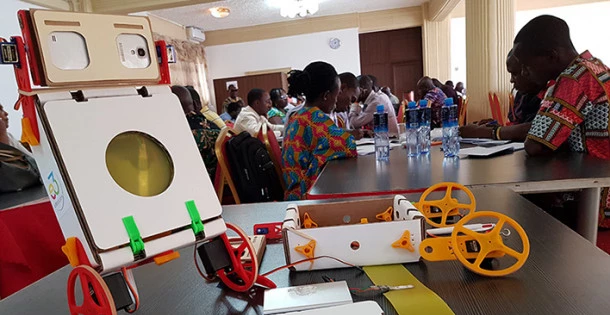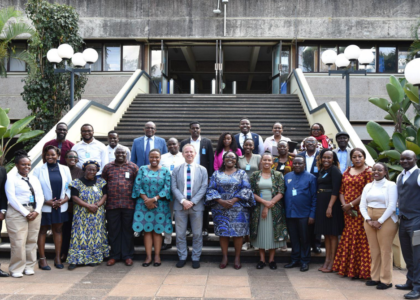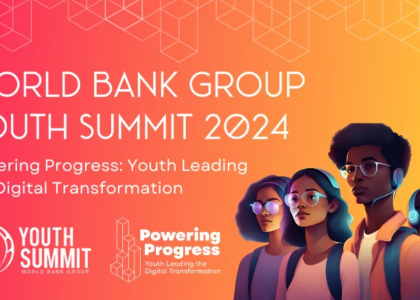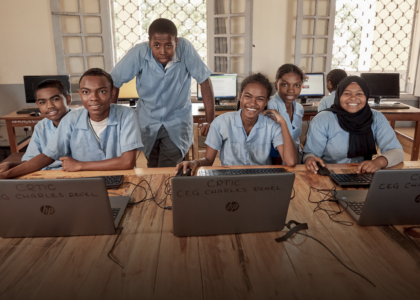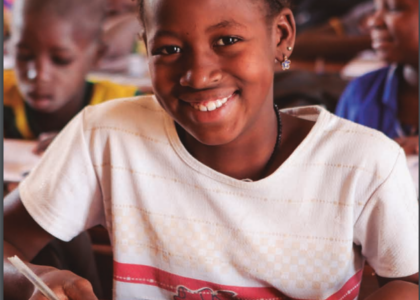Rapid technological advancements in Artificial Intelligence (AI), as well as other advancing technologies such as robotics and cloud computing, are transforming disciplines, economies and industries, characterized by human/machine collaboration. UNESCO believes that Science, Technology, Engineering and Mathematics (STEM) courses are essential to help prepare youth for that future. Applications of artificial intelligence are already part of our daily lives. However, in a number of countries, particularly in sub-Saharan Africa, there is a paucity of courses and curriculum in basic computer sciences, let alone in Artificial Intelligence. To address this gap, UNESCO, together with local partners, organized STEM teacher trainings in Liberia and Congo in April and May.
There is an urgent need to close inequalities in access to quality and relevant STEM research and education and learning between the developed and the developing world, between the advantaged and the disadvantaged. As many studies now demonstrate, hands on training and creative problem-solving, remain imperative in the education process. Since 2005, UNESCO programmes in microscience, robotics and capacity building in computer sciences were able to reach out to a large number of teachers and students in Africa and elsewhere on developing these soft skills of doing hands on scientific experiments often when schools don’t even have basic laboratories.
During the latest workshop, held in Brazzaville, Congo, 46 teacher trainers were trained to enable them to apply microscience, robotics and AI to secondary and university education, across STEM fields. It was organized with the support of the Ministry of Primary and Secondary Education and Literacy (MEPSA). The ministry will continue to work with UNESCO to define a pathway to integrate microscience, robotics and AI in the curricula.
The idea of adding these kinds of skills to school curriculums is not a new one, but honing human specialties has never been more important than it is now. This means moving quickly and flexibly and trusting the experts, teachers. Teachers need space and time to invest in their own understanding so they can also give students the broader education they need. We will need many more STEM experts in the decades ahead — but also empathetic, creative and thoughtful citizens who know which problems can be solved by machines, and which need a human.
https://www.unesco.org/en/articles/science-technology-engineering-and-mathematics-lay-way-ai-africa

